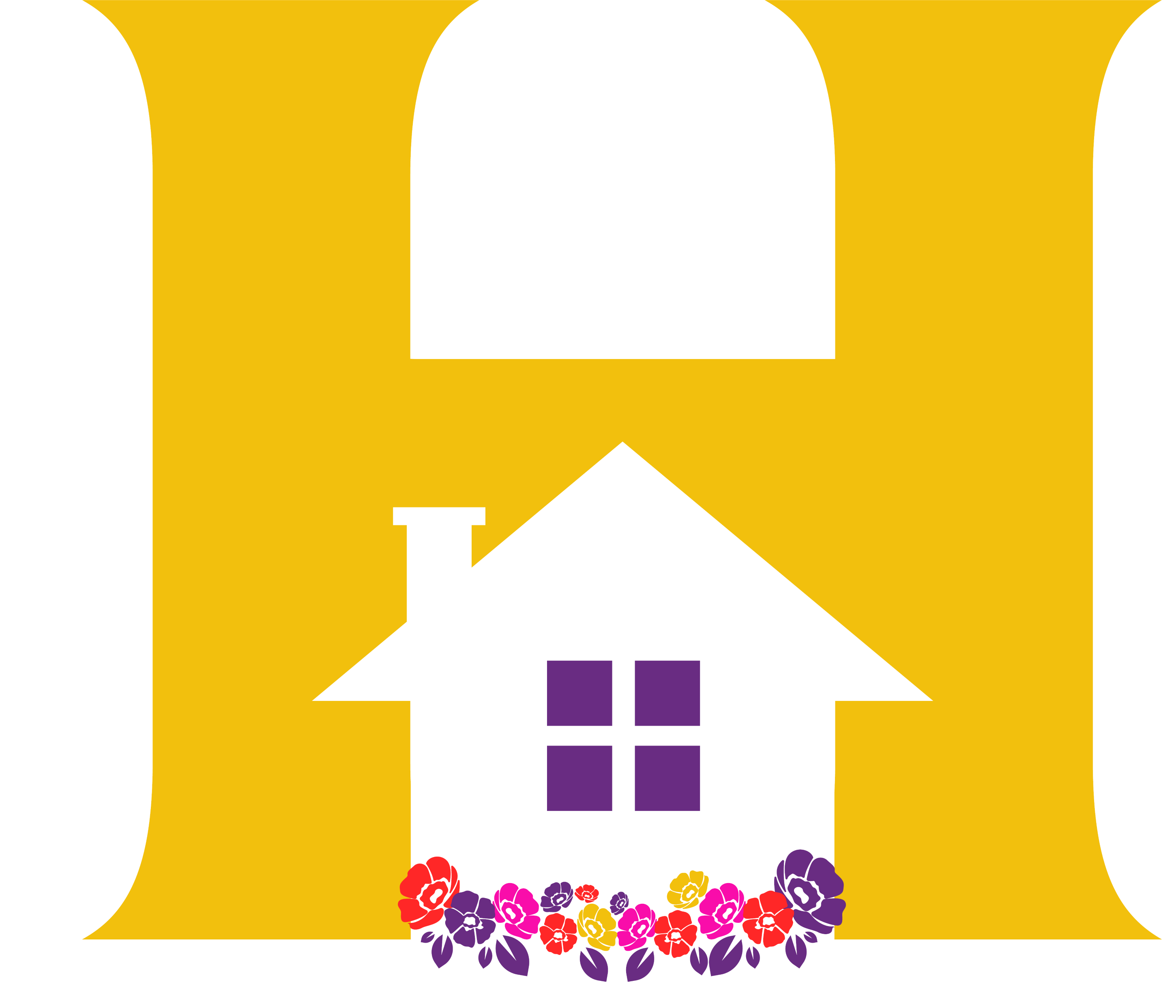Abuse can be one of the hardest things in the world to recognize. For some people, even if they feel sorry for a victim, they would rather say nothing, see nothing, and do nothing. Some abuse victims may think something is wrong in their relationships, but will not act or speak up due to fear of what their abusers might do.
If you suspect a loved one is being abused, here are some signs to recognize if they are victims of domestic abuse. Check if your loved one…

- Has bruises, cuts, or burns that they never had before
- Starts to wear darker clothing with long sleeves and sunglasses all the time
- Makes excuses for their injuries
- Seems distant and/or depressed
- Has extreme weight gain or loss
- Becomes a heavy drinker or smoker
- Becomes very defensive when asked about their injuries or relationships
Signs that You Are the Victim of Abuse
If you think you might be in an abusive relationship, start paying close attention to your partner’s behavior. If he/she exhibits any of these signs, then you should get help right away. No one should feel afraid in any relationship.
Your partner bullies, controls, and threatens you in the following ways:
- Accuses you of having an affair
- Blames you for the abuse
- Tells you what you can wear
- Threatens someone you love
- Criticizes everything you do
- Is possessive and jealous
- Gets easily angry
- Throws things and yells at you
As abuse can happen to anyone in many forms, these are just a few red flags to look for in a relationship. Abuse can come from women and men and can occur in gay, lesbian, transgender, bisexual, asexual, and intersex relationships.
Signs of Abuse in the LGBTQIA Community
An abusive partner may…
- Threaten to tell everyone about the victim’s sexual orientation or gender identity to keep control over them
- Tell the victim the police won’t help because of their sexual orientation
- Dominate every conversation
- Be extremely possessive
- The victim is scared to say anything because they fear no one will help them or take them seriously
- The victim fears they may become outcasts in their community
Like those in hetrosexual relationships, domestic abuse victims in LGBTQ+ relationships will hide injuries behind clothes and make excuses for them and for their partners’ behaviors.

Recognizing Emotional/Mental Abuse
Emotional/mental abuse is just as harmful as physical abuse. These are some signs that a loved one or you yourself are victims of this type of abuse:
- Constantly name-calls you
- Frequently yells at you and makes you feel small
- Patronizes you and says things like, “I know you tried, but its just above you”
- Publicly embarrasses you by picking fights or making fun of you
- Are dismissive of your opinions or when you start conversations
- Insults you on how you look
- Consistently puts you down and demeans your hobbies or interests
- Monitors everything you do
Emotional abuse scars are not visible, but their effects can be hugely traumatic and can show up later in life. Such abuse can lead to depression, chronic pain, anxiety, substance abuse, and PTSD.
If you know someone or are a victim of abuse, whether the abuse is physical, emotional or sexual, please get help right away.
National Domestic Violence Hotline: 1 (800) 799-7233
National Teen Dating Abuse Hotline: 1 (866) 331-9474
Gay, Lesbian, Bisexual and Trangender Hotline: 1 (888) 843-4564
Written by Jessica Christian, blogger at Safe Harbor International Ministries
References:
https://victimconnect.org/resources/national-hotlines/
https://www.thehotline.org/help/
https://www.verywellmind.com/identify-and-cope-with-emotional-abuse-4156673
https://www.verywellmind.com/signs-someone-is-being-abused-66535
https://www.urmc.rochester.edu/encyclopedia/content.aspx?contenttypeid=1&contentid=2579
https://www.domesticshelters.org/articles/identifying-abuse/abuse-that-s-hard-to-recognize-coercive-control
https://www.joinonelove.org/learn/lgbtqia_relationship_abuse/


0 Comments
Trackbacks/Pingbacks